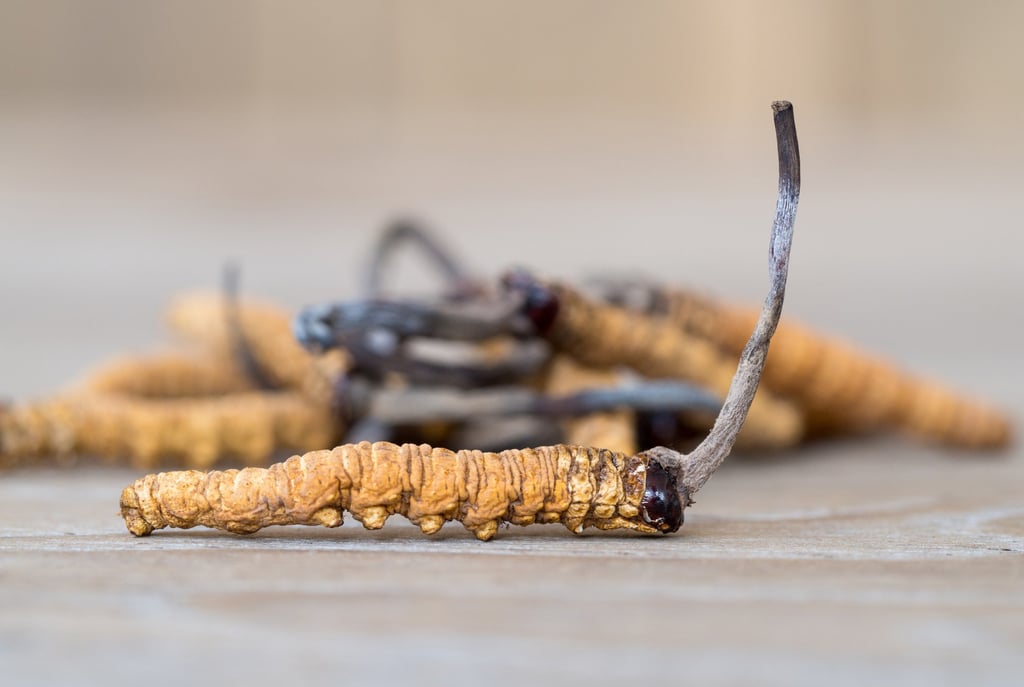Advertisement
5 facts about cordyceps, the bug-eating parasitic fungus that inspired HBO’s zombie apocalypse series The Last of Us
- Also known as caterpillar fungus, cordyceps consumes insects’ bodies from the inside, and inspired the hit HBO zombie series and video game it’s adapted from
- Used in traditional Chinese medicine for millennia, it is now being farmed in factories. Here are some things about the sought-after fungus you may not know
Reading Time:3 minutes
Why you can trust SCMP

It is the stuff of nightmares.
Spores from a killer fungus infiltrate your body and mind, controlling you while slowly killing you with only one goal – to procreate. The body of the cordyceps erupts from your head and, when it finishes growing, deadly spores explode from its tip, leaving any creature of the same species in the vicinity to meet the same fate.
This is what cordyceps, a parasitic fungus, does to many insects. It is this natural phenomenon that is the inspiration behind the HBO series The Last of Us and the video game of which it is an adaptation, in which a zombie apocalypse is caused by a fungus pandemic.
Advertisement
Could these murderous, zombifying fungi take over the human race? There are more than 600 species of cordyceps, each dedicated to a particular type of insect – but none capable of infecting and killing humans.

Bryn Dentinger is a biology professor at the University of Utah in the United States, and curator of mycology – the study of fungi, which are living organisms such as moulds, yeast, and mushrooms – at the Natural History Museum of Utah.
Advertisement
Advertisement
Select Voice
Choose your listening speed
Get through articles 2x faster
1.25x
250 WPM
Slow
Average
Fast
1.25x